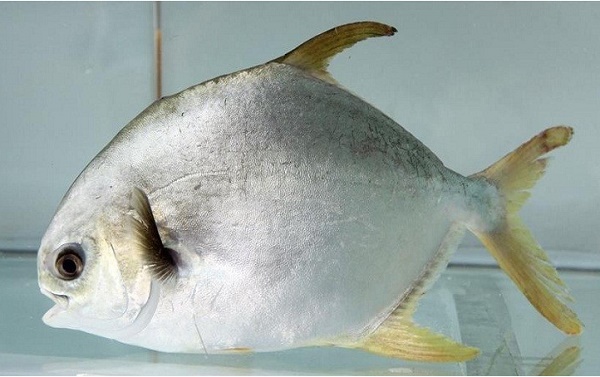Fish has always played an undeniable role in human nutrition, from ancient times to the present day. The abundance of nutrients in fish makes it a vital source of food and should be integrated into the weekly menu.
The market provides a diverse range of affordable fish, which is nutritionally valuable comparable to precious foods such as ginseng or bird’s nest. This makes consuming fish important for everyone.
What are the benefits of eating fish?
Fish is an excellent source of protein, which is essential for maintaining muscle, organs, and the circulatory system. Protein plays an important role in supporting cell division, promoting hair growth, and even hormone production.
In addition, fish is a rich source of iodine, an essential mineral that the body cannot produce on its own. Iodine plays a crucial role in the function of the thyroid gland, which regulates factors such as appetite and the body’s immune system.
Delicious, nutritious, and affordable fish
Carp
According to traditional medicine, carp has a sweet taste, a mild nature, and is a source of diverse proteins and vitamins. Carp is considered to have the effects of treating coughs, asthma, promoting lactation, diuretic properties, stimulating the taste buds, and beneficial for digestion.
With its refreshing but nutritious characteristics, carp is often favored by pregnant women to supplement their nutritional needs. Especially for those experiencing water retention, watery diarrhea, jaundice, frequent urination, or in the early stages of pregnancy, adding carp to their diet is recommended.

Ponyfish
Ponyfish is an affordable, nutritious fish. In 100g of ponyfish meat, we can find 15.3g of protein, 2.2g of fat, 82mg of calcium, 18mg of phosphorus, 0.8mg of iron, 229mg of potassium, 4.7g of carbohydrates, and various vitamins such as B1, B2, Nicotinic acid, and vitamin E.
According to traditional medicine, ponyfish has a warming property, a sweet taste, and is beneficial for people with headaches, dizziness, eye floaters, excessive phlegm, high blood pressure, kidney weakness, back pain, joint pain, weak tendons, poor digestion, and limb edema.
Croaker
Croaker, especially white croaker, has a delicious taste and is rich in nutrients. On average, 100g of croaker meat contains 75.2g of water, 19.4g of protein, 185mg of phosphorus, 0.6mg of iron, 145mg of sodium, 263mg of potassium, 27mg of vitamin A, 2mg of vitamin PP, 1mg of vitamin C, along with vitamins B1, B2, 5.4g of lipids, 1.1g of ash, 15mg of calcium, and provides 126kcal. Croaker also supports the recovery of health for people with weakened bodies and helps relieve congestion.

Snakehead fish
Snakehead fish is a common freshwater fish, often living in groups and is very popular in rural areas at an affordable price. Snakehead fish is rich in protein, calcium, potassium, magnesium, selenium, fats, and other nutrients. The flesh of the snakehead fish is soft, easily digestible, suitable for children, the elderly, and those with poor digestive function. In particular, snakehead fish also has the effect of blood supplementation and is good for the stomach.
Catfish
Catfish is a less fatty fish with white meat and is easily caught. In catfish, there are abundant Omega-3 fatty acids, which are essential for brain development, enhancing brain health, good for the cardiovascular system, and help regulate blood pressure.
Tilapia fish
Tilapia fish not only provides many nutrients but also contains Omega-3, which helps reduce joint pain and inflammation. With affordable prices and easy availability, tilapia fish is a useful food choice to supplement daily nutrition and enhance the immune system when consumed regularly.
Best Fish to Eat During Winter for Effective Cough Relief and Nutritional Richness
 Fish to Eat During Winter for Effective Cough Relief and Nutritional Richness’>
Fish to Eat During Winter for Effective Cough Relief and Nutritional Richness’>As winter arrives, make sure to head to the market and grab a bunch of these, they are incredibly beneficial for your health.
































